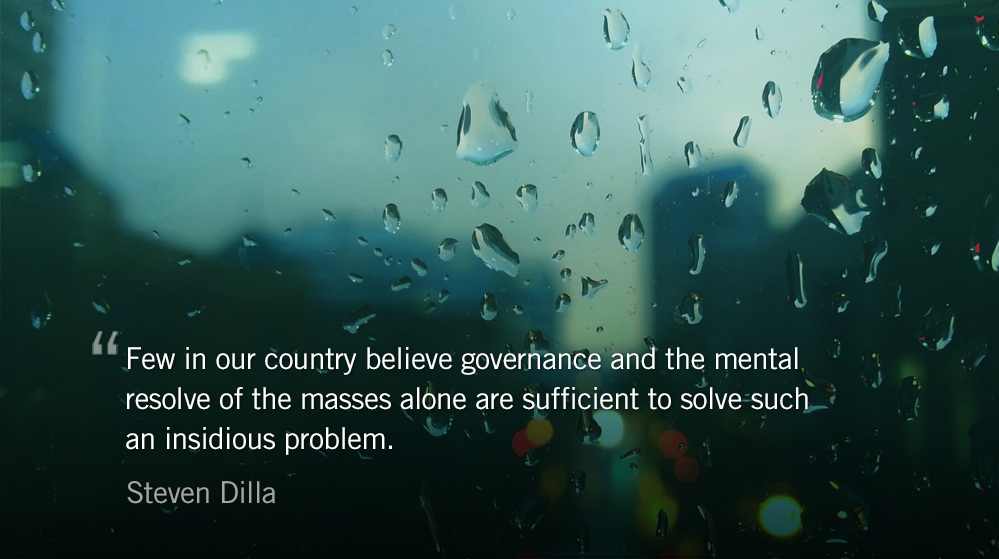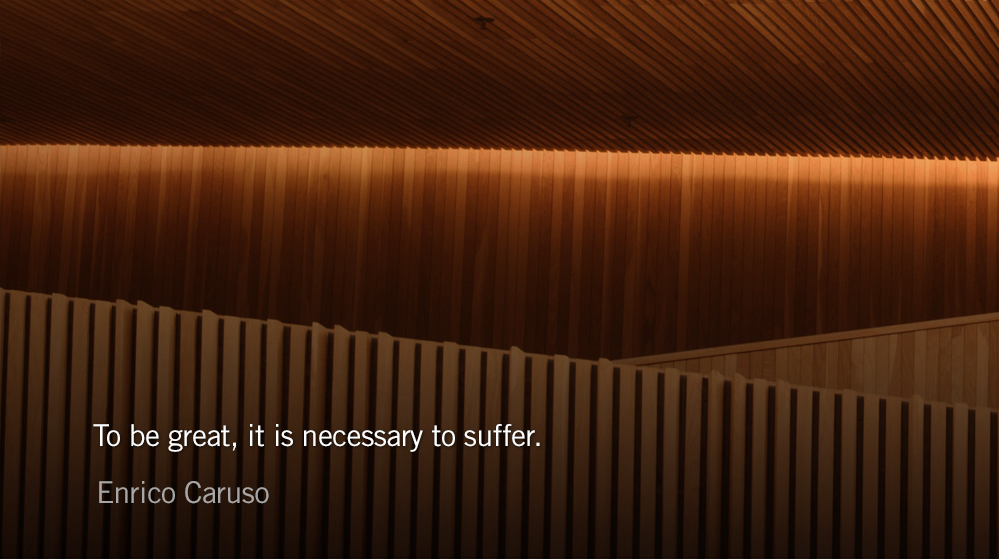
Psalm 25.9
The Lord guides the humble in what is right and teaches them his way.
TBT: How We May Grow in the Knowledge of Christ (an excerpt) | by Nathaniel Vincent (c.1639–1697)
You must not lean to your own parts and understandings.
Men of the greatest natural capacities have been men of the greatest mistakes and the foulest errors; and herein they have embraced for the truths of Christ: and the reason is, because, their hearts being proud, God thwarted them, and their pride blinded them.
In your ordinary, secular affairs, it is not safe to confide in your own wisdom; but even here you are to acknowledge God. Certainly then, when searching into the mysteries of the gospel, you must be sensible that the sharpest understanding has need of illumination from above. You must indeed “be fools, that you may be wise.” A sight of your folly and weakness must make and keep you very humble. Such the Lord has promised to “guide in judgment, and to teach his way.”
Heedfully attend to the word of the truth of the gospel.
This is the great means to infuse and to increase the knowledge of Christ. It is called “the word of Christ:” “Let the word of Christ dwell in you richly in all wisdom;” because Christ is the author of it, and the principal subject therein treated of.
The gospel informs you of his natures, divine and human; of his offices, prophetical, priestly, kingly; of his benefits, justification, adoption, regeneration, strong consolation, and such-like.
The gospel informs you what he did, what he suffered, and how he eyed his church’s good in both. It informs you where Christ is gloriously present,—in the highest heavens; where he is graciously present,—he “walks in the midst of the golden candlesticks,” and accompanies his own institutions with a mighty and gracious efficacy.
O study this gospel more — take it in at your eyes, by reading it; at your ears, by hearing it; nay, receive it into your very hearts. The gospel is that which brings you to the knowledge of Christ, and so “makes you wise unto salvation.”
Prayers from the Past
We pray you, merciful Father, God from whom all encouragement comes, give us strength to act as befits men with such a vocation, such calling to worship, such newness of life. We mean to observe the sacred commands of the divine law; we long to come closer to you, closer today, long to have light from you, light to know you and serve you.
— Anonymous fourth century prayer; acquired by Egyptian Antiquities in 1911.
Today’s Readings
Leviticus 20 (Listen – 4:18)
Psalms 25 (Listen – 2:18)
Cultivating Faith
Part 4 of 5, read more on TheParkForum.org
___________________
FAQs
How can I make a tax-deductible donation? Click here.
How can I get these devotionals in my inbox? Click here.
What is the reading plan this blog is based on? Click here.
___________________________________









